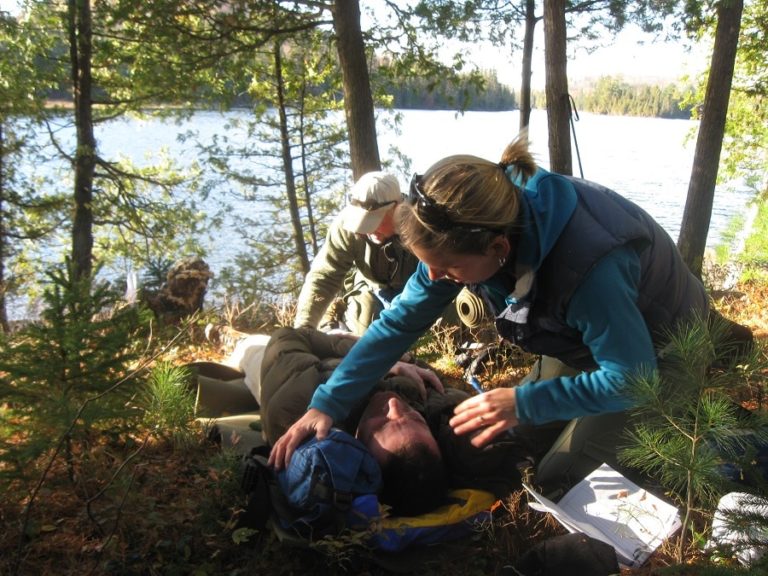Overhydration: How to Tell When You’ve Had Too Much Water
Most people that are actively involved in any sort of sports are often worried about dehydration. Everyone keeps talking about the importance of drinking 8 glasses of water per day, however, not everyone is talking about the risks of drinking too much water or other liquids.
Overhydration is a real problem as it can cause serious health problems and can even lead to a coma. It might sound crazy and too serious to be true, maybe even scary. You shouldn’t worry though – you are doing the right thing by educating yourself on the issue.
You can never have too many information, and we promise you by having them, you will be able to take care of yourself and those close to you by making sure they are aware of the issue and know how to prevent it and recognize it if it happens.
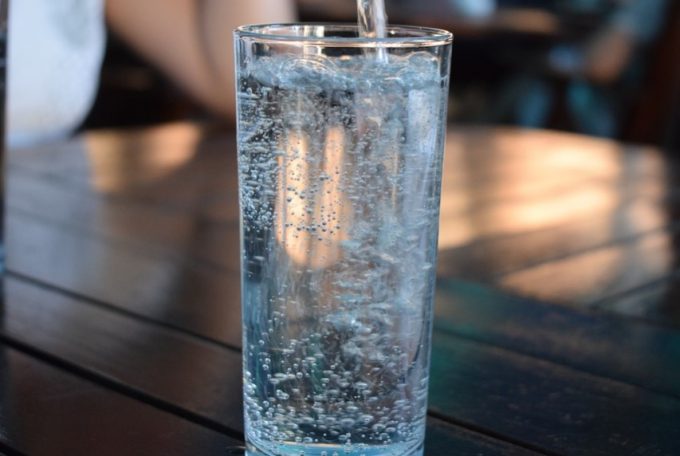
In this article, we will present overhydration, what are the definition and the causes of it. We will look at overhydration symptoms and talk about dangers connected to it. You will also learn how to prevent it so you can plan your activities and liquid supplementation accordingly.
What is Overhydration?
Basically, overhydration means that you ingested too many liquids and this generally results in low sodium levels in your blood. Why is this important? Sodium is an electrolyte that regulates the amount of water content in each cell.
Each cell needs a certain amount of water to function properly. If water is “low”, more water needs to draw in and retained. If this balance is thrown off, it can have serious effects on your health. The condition of abnormally low sodium levels in the blood is called hyponatremia.
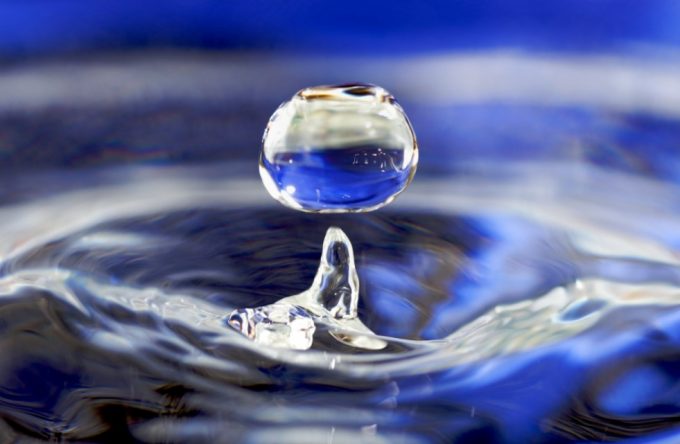
If an adult’s heart, kidneys, and pituitary glands work normally, a little extra water intake won’t hurt the system. An adult would have to drink approximately 2 gallons of water per day to develop signs of overhydration. However, people with their kidney function impaired are at greater risk of overhydration.
Causes of Overhydration
So – what causes overhydration? As the name suggests, one would have to ingest amounts of water too high for its body to be able to process it correctly. If your body works normally, that would mean about 6-8 gallons of water in a day. However, if your kidney function is impaired, you are at a higher risk of developing this condition.
Generally, you, of course, have to take care of your hydration, especially if you enjoy endurance sports, work outside in hot and humid weather etc. We suggest you also get to know yourself well so you are aware of any health changes that might affect your normal way of life. This way, you also protect yourself from developing overhydration symptoms.
Symptoms and Signs
There are many different symptoms associated with overhydration, but the main ones are:

- Behavioural changes
- Digestive issues
- Blurred vision
- Muscle cramps
- Weakness
- Twitching
Behaviour Changes
Due to a higher amount of water in the cells, the brain swells, so consequently, behavioral changes are the first sign that something isn’t right. It usually starts with a headache, personality changes, confusion, irritability, and drowsiness. Shouting and delirium are behaviors, not usual for this person that is often present.
Inattentiveness is also a symptom, but it is hard to confuse with just general tiredness, especially during hard endurance races. A person affected by low sodium levels in blood might also experience dulled ability to perceive and interpret sensory information from the environment.
Digestive Issues
Vomiting, nausea, and thirst are common. Not necessarily all three of them, if any at all since not everyone is the same. However, you can have another sign pointing you towards overhydration.
Weakness
Muscle weakness (person not able to stand up or have any stability whatsoever), muscle cramps and blurred vision are some of the symptoms as well. It generally looks like the person affected hit a really hard low and is unable to take care of them.
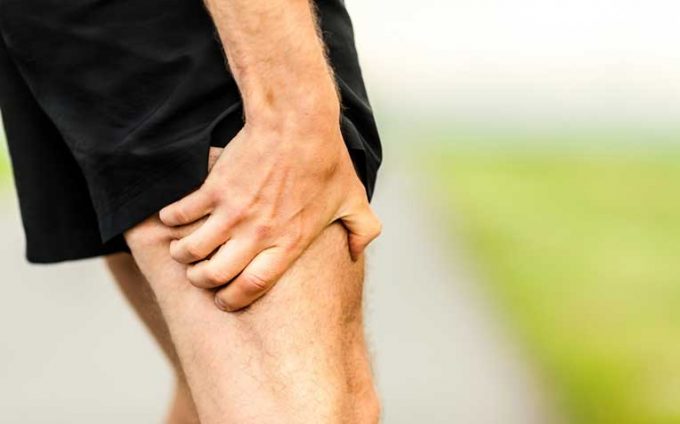
All these symptoms can (if left untreated and without medical attention) lead to brain damage, seizures or even coma. This is why it is crucial to know how the first overhydration symptoms, so you can take the person to the doctor as soon as possible.
Effects of Overhydration
The situation can lead to some more serious risks that will forever remind the person of what it went through. Hyponatremia is known to cause:
- Acidosis
- Cyanosis
- Haemorrhage
- Shock
- Anemia
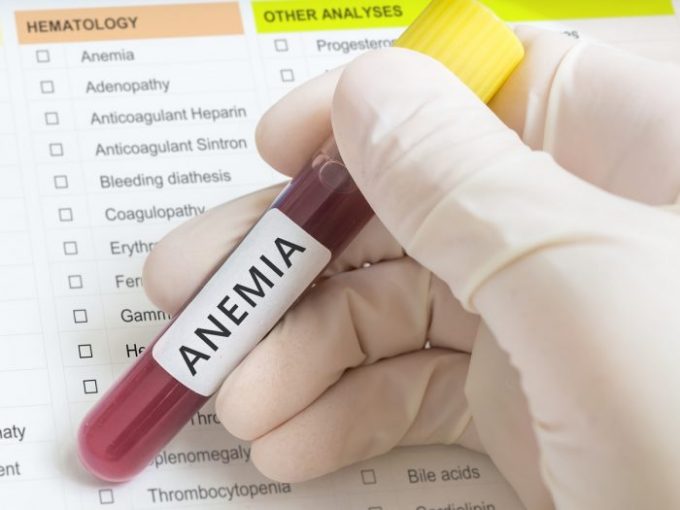
Acidosis is a condition in which blood and body tissues have abnormally high acid contact. Cyanosis occurs when oxygen levels in the blood drop sharply.
Groups of People at Risk
It is important to note that people at highest risk of overhydration are those with impaired kidney function. This can be as a result of many things, but whichever the reason, we believe it is extremely important that you get checked out by your physician to avoid any possible problems in the future. Apart from this group of people, others that have to be mindful of their water intake are:
- Endurance athletes such as marathoners
- Infants
- People working outside in hot and humid climate
- People with condition called psychogenic polydipsia
Endurance Athletes
We all admire people fighting their demons and their bodies during a marathon or my personal favorites – endurance ultramarathons. Their strength is incredible to watch but I am always interested in seeing what they eat, drink and how they plan their races. There is a lot to learn and at the same time, we can often witness things going wrong.
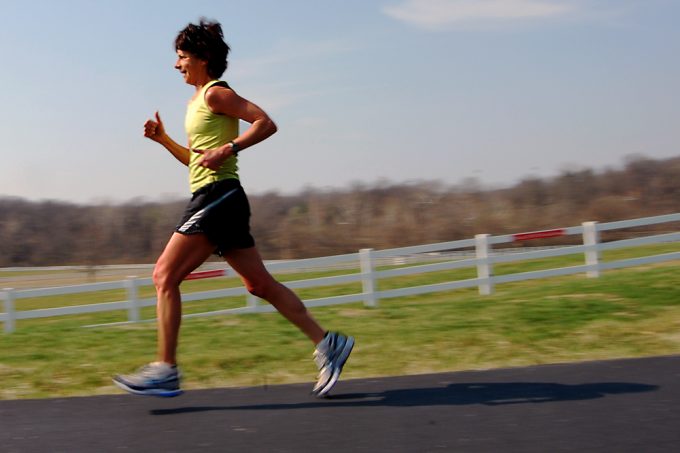
If marathons and long endurance sports are what you are interested in, make sure to educate yourself on the options you have to hydrate and substitute lost electrolytes properly.
Foods that are easy to digest, pickle juice, avocados, bananas and white rice, tortilla chips and pretzels have all been seen as a snack at an aid station. Make sure you know your body well beforehand and plan your first race with the help of someone more experienced than you.
Infants
Infants, especially young babies are at risk due to their low weight and the fact that their kidneys need a couple of weeks after birth to start working properly. At the beginning of their lives, they only need liquids they get from formula or milk. Later on, keep an eye on the amount of liquids they receive and consult with the pediatrician if you are unsure or have any questions.
People Working Outside in Hot & Humid Climate
Workers, athletes – anyone who is exposed to the hot sun in a humid climate while doing a physically hard task is in danger of overhydration. Body is working hard to keep cool, but sweat only has limited help in a humid climate where it’s hard for it to evaporate on your skin and cool you down.

You might feel thirsty and drinking water being the only way to keep cool, but be warned – it is quite easy to drink too much if your body can’t sweat it off properly.
People with Psychogenic Polydipsia
This condition makes people feel like they are thirsty all the time and have to satisfy that thirst. The easiest way is to drink more. However, they need to be mindful of it and be careful not to overdrink, which is very difficult.
This condition is not to be joked about – people affected were diagnosed with it by medical professionals and are under supervision to make sure they don’t overhydrate or possibly get water intoxication.
What to Do if You Had Too Much Water?
If you experience signs of overhydration, you need to go to the emergency room as soon as possible. You will be tested and diagnosed and if needed, given diuretics to speed up kidney function. If the condition advanced too much the doctors will proceed accordingly.

Prevention
There is a couple of very simple and almost banal ways of being mindful about overhydration in order to prevent it:
- Check your pee!
- Know yourself and your conditions
- Snacking
- Replenishing supplies
- Preparation ahead
Check Your Pee
This is the easiest way to see if you are drinking enough water. Your pee should normally be bright yellow in color. If you are dehydrated the color will get darker, and if you are overhydrated the color will get lighter.
So, every time you go pee before you flush the toilet, make sure to check what color your pee is. If it is very light yellow, almost white, that means that you are certainly drinking too much water.

Be aware that some foods you ingest have an effect on the color as well – for example, beets can add a slight pink hue but that only affects about 10% of the population.
Carrots, carrot juice, and vitamin C can turn it orange and vitamin B will color it fluorescent yellow-green. However, all of these discolorations are only temporary and will go away after a day or so.
Know Yourself
Regular medical check-ups, training for serious races under the supervision of experienced coach and working with nutritionist all make sure you know your body well and are aware of any medical conditions that might affect your daily life or sports performances.

It is a very simple but responsible way of avoiding dangers of overhydration and possible consequences. Everyone is different, so make sure you know you!
Snacking
Never forget about snacks. Snacking on salty foods like pretzels and chips (in small amounts of course) before and after a race will help replenish lost sodium in your system.
Eat half or even whole banana 30 minutes before a workout to give your body potassium that will help you perform well. Talk to a nutritionist that specializes in sports nutrition if you want to know more or plan food intake for your specific needs.
Replenish Supplies
No, we’re not talking about food and water on long trips, we’re talking about your body and electrolytes it will lose during a hard, long race, hike or other activity that will get your blood pumping. If you are sweating during a long run you are loosing not only water but also sodium and other electrolytes through sweat and pee.
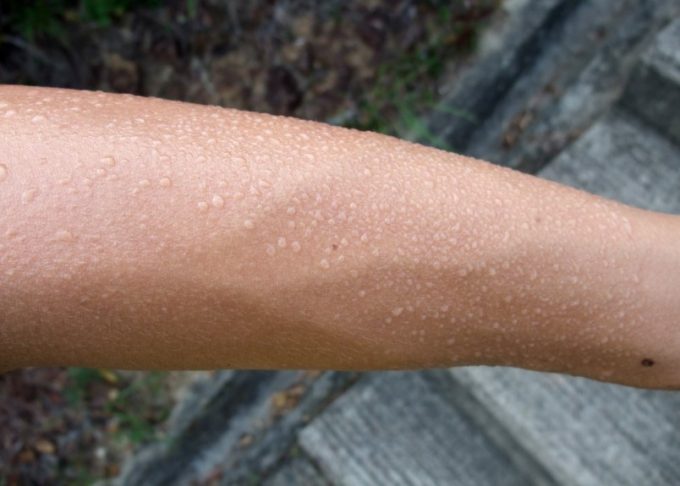
If you are replenishing that with water only you are basically diluting your system and helping sodium levels drop even faster. So, make sure you have sports drinks ready to not only help rehydrate but also replenish supplies. You can also make it yourself! You will need:
- 1 L water
- Juice of 1 lemon
- 9 g salt (approx. 2 teaspoons)
- Approx. 3 tablespoons of sugar
Mix it all together and shake well so that salt and sugar dissolve. Have it ready to go for your next long, hot hike, race or whichever sport you prefer. This mixture is perfect for your cells – they will be plump and happy, with good sodium levels in your blood so you can perform well.
Prepare Ahead
As you can see, it all comes down to preparation. You visited your doctor to make sure you know of any conditions you need to know about. You talked to a coach or experienced athlete in your field to get more information, to prepare for training etc.
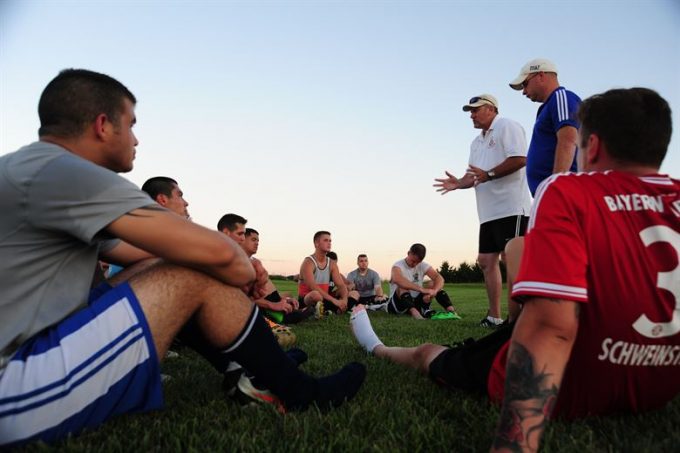
You maybe even contacted sports nutritionists to give you advice on some snacking options. You have your homemade isotonic drink ready to go. Knowledge is power and you surely have a lot of it at this point.
Wrapping Up
Overhydration is a serious condition that can evolve into even more serious health problems. In this article, you could learn about the symptoms, consequences and how to prevent that from happening to you or anyone close to you.
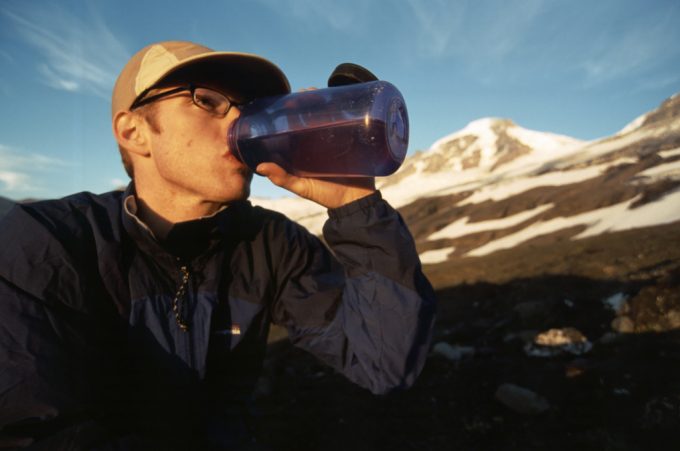
If you are in a group of people at higher risk you are hopefully more informed about the topic and are able to prepare better for your next sports adventures. As we already said before – information is key, good preparation is obligatory to avoid harmful effects of overhydration.
We believe you are equipped with all the information you might need so you can avoid it in the future. If you feel like we missed a good way to avoid overhydration, please, do let us know in the comments; we love to hear from our readers!




